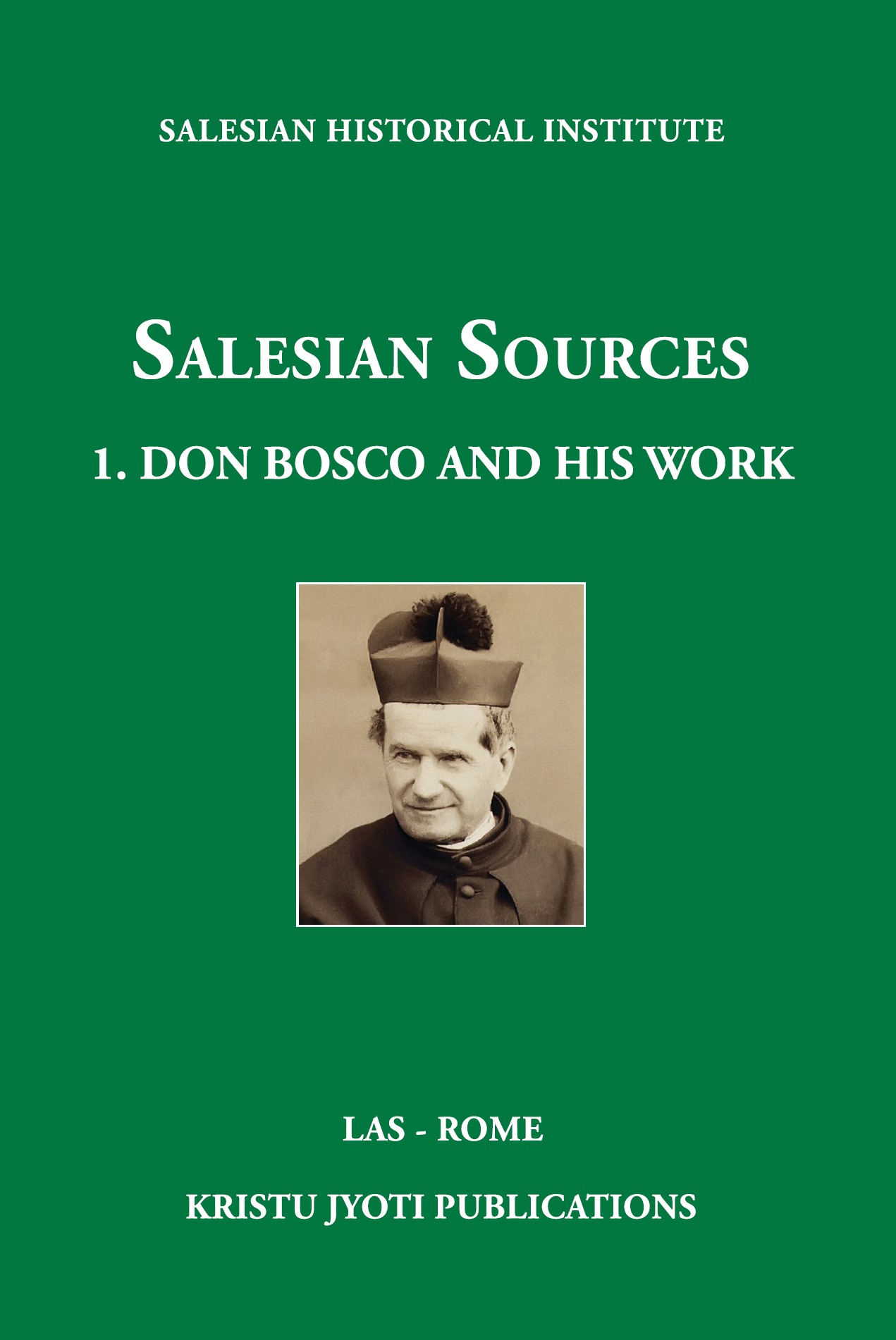The ten brief documents that follow—some perhaps less known than the previous ones in Salesian history—are also interesting from the point of view of the maturing and practice of Don Bosco’s educational system. We have a necessarily limited selection here of personal letters to people responsible for public education, or to young people and teachers, and circulars on pedagogical and didactic issues.
The first, addressed to one of his most important helpers in the work of the oratories, Fr Borel, was written three decades before he published his booklet on The Preventive System in the education of the young in 1877. Already in 1846, Don Bosco had reacted when confronted by the fact that one of his helpers, Fr Joseph Trivero, was dealing rather strictly with the boys (“with much energy”).
A letter to the Superintendent of Studies, Francesco Selmi, is of particular interest. Don Bosco gives precise answers to criticism of some of his writings and highlights the lack of any basis for certain allegations made against him and against the Oratory of St. Francis de Sales.
His letter to the city magistrate in Turin, sees important aspects of the real situation at Valdocco 1865 emerge. Reference is made to the problems created by “some boys mostly sent by the government.” One of the boys “is not only incorrigible, but insulted, threatened and swore at his assistant.”
Instead Don Bosco assures student Emanuele Fassati, that he will continue to pray for his success in studies, but adds: “You have to make an effort: work, diligence, knuckling down, obedience are all part of your passing your exams.”
Amongst these documents, all addressed to different people, we find other topics that were common at the time in Don Bosco’s writings and addresses: holidays as danger time, discipline (not understood as “punishment or the whip, things we never talk about here,” but “as a way of keeping to the rules and customs of the institute”).
In 1875, replying to the young Salesian priest Fr Joseph Bertello on the way to stir up a love for study in his pupils, Don Bosco advises him: “Think of them as your brothers; loving kindness, sharing, respect.”
In 1879, in a letter to Prince Placido Gabrielli, who— in the name of the Administration of the Hospice of St Michael in Ripa—wanted Don Bosco to look after the running of this social welfare and educational place for boys in Rome, Don Bosco was interested; he pointed out however that in houses run by the Salesians “we use a very special disciplinary system called preventive, where we do not use punishments or threats.”
Reference time period: 1846 – 1879
Salesian Historical Institute, Salesian Sources 1: Don Bosco and his work. Collected Works, LAS – Kristu Jyoti, Rome – Bangalore, 2017, 517-533.
Reference institution:
Istituto Storico Salesiano
